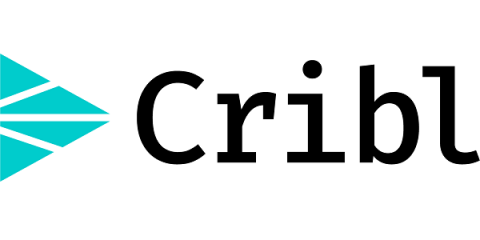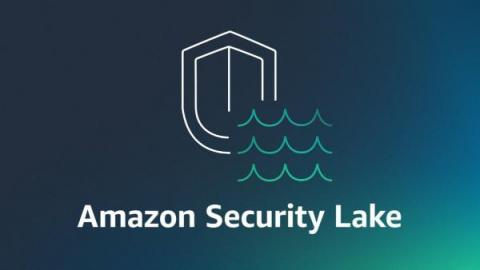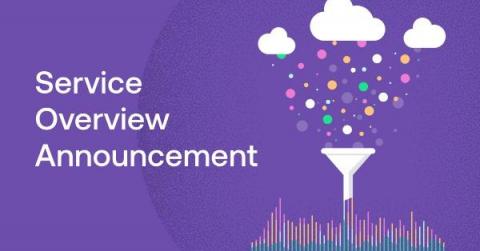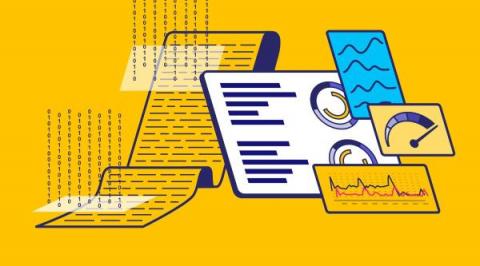Introducing the Cribl Pack for Corelight
In this blog series, we’ll explore how Corelight and Cribl Stream work together to improve observability in Security Operations Centers (SOCs). In today’s rapidly changing threat landscape, it’s crucial to efficiently monitor and manage data for effective security operations. Corelight provides exceptional network visibility, while Cribl Stream gives you control and the flexibility to optimize data pipelines and gain valuable insights.










